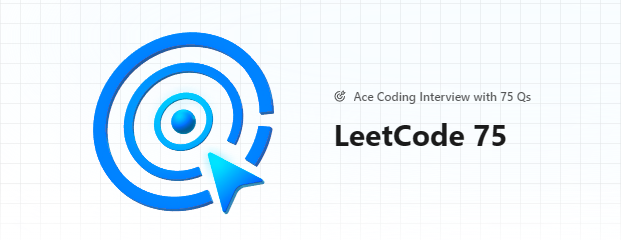Description
You are given a string s, which contains stars *.
In one operation, you can:
- Choose a star in
s. - Remove the closest non-star character to its left, as well as remove the star itself.
Return the string after all stars have been removed.
Note:
- The input will be generated such that the operation is always possible.
- It can be shown that the resulting string will always be unique.
Example 1:
1
2
3
4
5
6
7
| Input: s = "leet**cod*e"
Output: "lecoe"
Explanation: Performing the removals from left to right:
- The closest character to the 1st star is 't' in "leet**cod*e". s becomes "lee*cod*e".
- The closest character to the 2nd star is 'e' in "lee*cod*e". s becomes "lecod*e".
- The closest character to the 3rd star is 'd' in "lecod*e". s becomes "lecoe".
There are no more stars, so we return "lecoe".
|
Example 2:
1
2
3
| Input: s = "erase*****"
Output: ""
Explanation: The entire string is removed, so we return an empty string.
|
Constraints:
1 <= s.length <= 105s consists of lowercase English letters and stars *.- The operation above can be performed on
s.
Solutions
Iterates through each character from left to right. If it is an English letter, it is added to the string. If’ * ’ , delete the last letter in the string.
1
2
3
4
5
6
7
8
9
10
11
12
13
14
15
| class Solution {
public:
string removeStars(string s) {
std::string word;
for (const auto& c : s) {
if (c == '*' && !word.empty()) {
word.pop_back();
} else {
word.push_back(c);
}
}
return word;
}
};
|
